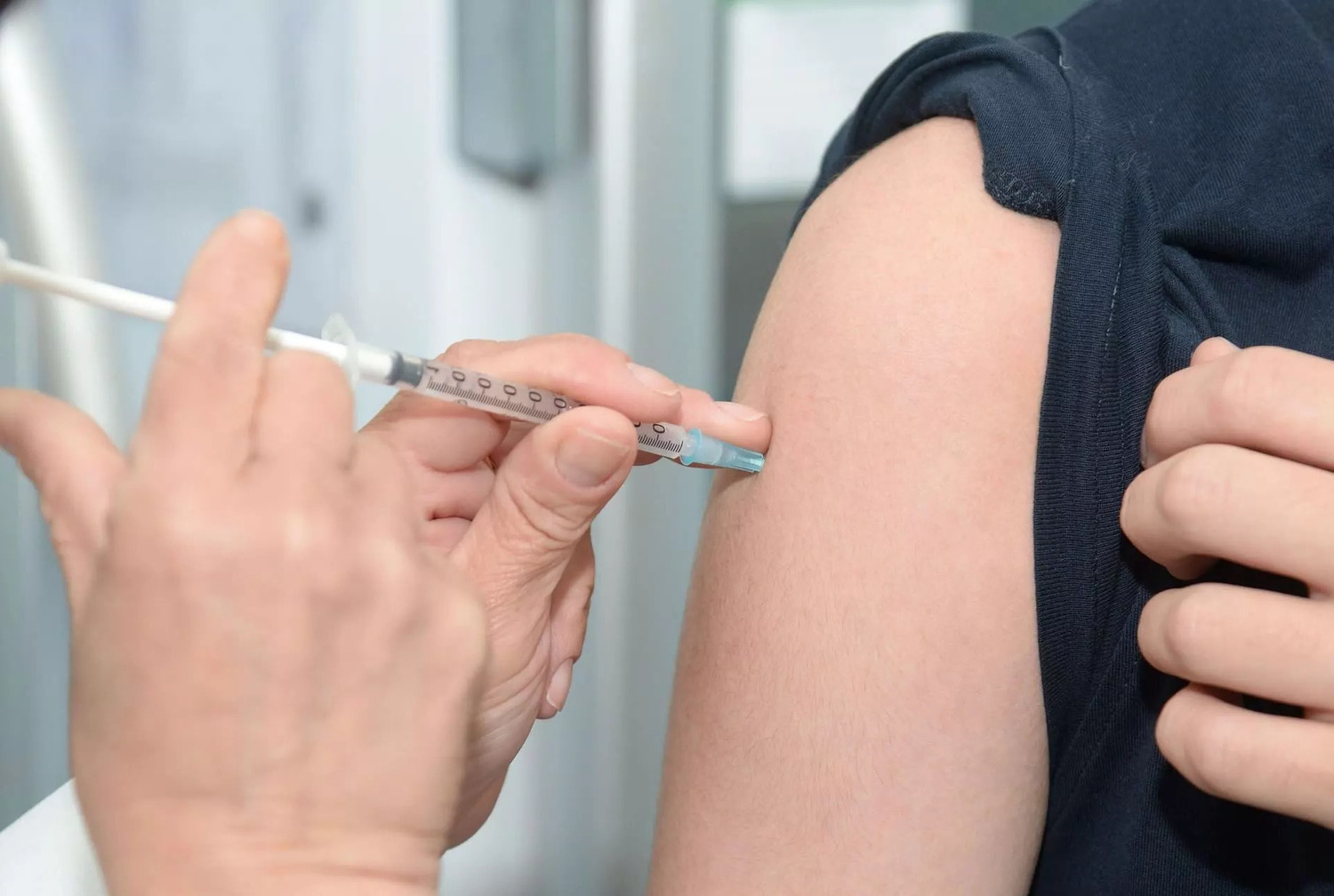
Vaccination has a rich history that spans centuries, filled with intriguing milestones and breakthroughs. Ever wondered how we went from ancient practices to modern immunizations? Vaccination began with early attempts to prevent smallpox, a deadly disease that ravaged populations. The journey started in China around the 10th century, where people inhaled powdered smallpox scabs. Fast forward to 1796, when Edward Jenner developed the first successful smallpox vaccine using cowpox. This groundbreaking discovery laid the foundation for modern vaccines. Over time, scientists have created vaccines for various diseases, saving countless lives. Understanding the history of vaccination helps us appreciate its impact on public health.
Key Takeaways:
- Vaccination has a long history, starting in ancient China and evolving through the centuries. It has led to the eradication of diseases like smallpox and the development of vaccines for diseases like polio and HPV.
- The 21st century has seen incredible advancements in vaccine technology, including the development of mRNA vaccines for COVID-19. Global initiatives aim to increase vaccine accessibility and prevent millions of deaths through equitable vaccine distribution.
Early Beginnings of Vaccination
Vaccination has a rich history that dates back centuries. Let's explore some fascinating facts about its origins and development.
-
The concept of vaccination began in ancient China around the 10th century. People inhaled powdered smallpox scabs to build immunity.
-
In the 18th century, Lady Mary Wortley Montagu introduced smallpox inoculation to England after observing the practice in Turkey.
-
Edward Jenner, an English physician, developed the first successful smallpox vaccine in 1796 using cowpox virus.
-
Jenner's method involved taking material from cowpox sores and injecting it into healthy individuals, which provided immunity against smallpox.
Vaccination in the 19th Century
The 19th century saw significant advancements in vaccination techniques and understanding. Here are some key developments from this period.
-
Louis Pasteur, a French microbiologist, created the first rabies vaccine in 1885 by using weakened forms of the virus.
-
Pasteur's work laid the foundation for the development of vaccines for other diseases, including anthrax and cholera.
-
In 1896, Almroth Wright developed the first effective typhoid vaccine, which was used extensively during World War I.
-
The concept of herd immunity was first described in the late 19th century, highlighting the importance of widespread vaccination.
20th Century Breakthroughs
The 20th century brought about numerous breakthroughs in vaccination, leading to the eradication and control of many infectious diseases.
-
The first diphtheria vaccine was introduced in 1923, significantly reducing the incidence of the disease.
-
Jonas Salk developed the first effective polio vaccine in 1955, which was administered via injection.
-
Albert Sabin later developed an oral polio vaccine in 1961, making mass vaccination campaigns easier to implement.
-
The World Health Organization (WHO) launched the Expanded Programme on Immunization in 1974 to ensure all children received essential vaccines.
Modern Vaccination Efforts
Modern vaccination efforts have focused on improving vaccine accessibility and developing new vaccines for emerging diseases.
-
The smallpox eradication campaign, led by the WHO, successfully eradicated smallpox in 1980, making it the first disease to be eradicated by vaccination.
-
The hepatitis B vaccine, introduced in 1981, was the first vaccine to prevent a major cause of liver cancer.
-
The human papillomavirus (HPV) vaccine, introduced in 2006, helps prevent cervical cancer and other HPV-related diseases.
-
In 2010, the first malaria vaccine, RTS,S, was approved for use in Africa, targeting one of the deadliest diseases on the continent.
Vaccination in the 21st Century
The 21st century has seen rapid advancements in vaccine technology and global vaccination efforts.
-
The development of mRNA vaccines, such as the COVID-19 vaccines by Pfizer-BioNTech and Moderna, marked a significant technological breakthrough.
-
Global vaccination initiatives, like Gavi, the Vaccine Alliance, have helped increase vaccine coverage in low-income countries.
-
The WHO's Global Vaccine Action Plan aims to prevent millions of deaths by 2020 through more equitable access to vaccines.
-
Efforts to develop universal vaccines, such as a universal flu vaccine, are ongoing, aiming to provide broader protection against various strains of viruses.
The Impact of Vaccination on Society
Vaccination has changed the world in countless ways. From eradicating smallpox to controlling measles and polio, vaccines have saved millions of lives. They’ve reduced the spread of infectious diseases, making communities safer and healthier. Herd immunity protects those who can’t get vaccinated, like newborns and people with certain medical conditions.
Vaccines also help economies by reducing healthcare costs and keeping people at work. They’re a key part of public health strategies worldwide. Despite some controversies, the benefits of vaccination far outweigh the risks.
Understanding the history and impact of vaccines helps us appreciate their role in modern medicine. Staying informed and supporting vaccination efforts ensures a healthier future for everyone. So, next time you roll up your sleeve for a shot, remember the incredible journey of vaccines and the lives they continue to save.
Frequently Asked Questions
Was this page helpful?
Our commitment to delivering trustworthy and engaging content is at the heart of what we do. Each fact on our site is contributed by real users like you, bringing a wealth of diverse insights and information. To ensure the highest standards of accuracy and reliability, our dedicated editors meticulously review each submission. This process guarantees that the facts we share are not only fascinating but also credible. Trust in our commitment to quality and authenticity as you explore and learn with us.
